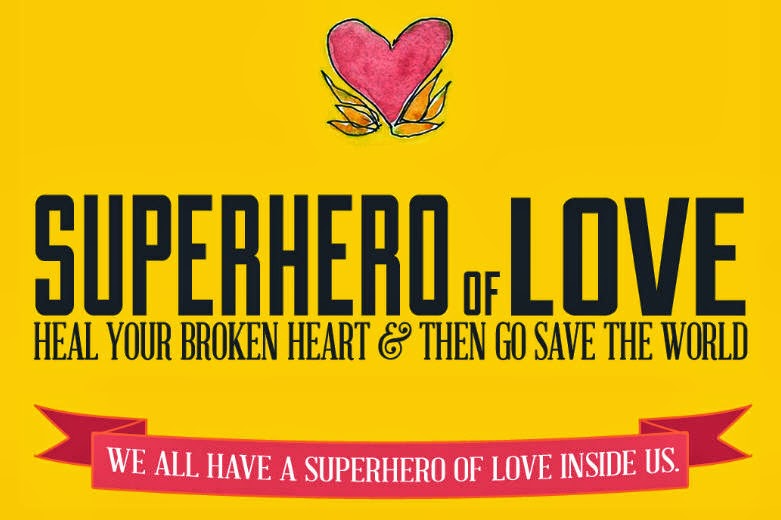I went to see Noel Coward's A Song at Twilight at the Pasadena Playhouse last night. Brilliant: Roxanne Hart, Sharon Lawrence and Bruce Davison. I get there a little late which forbade me from reading this "Note from the Director" in the program prior to the play. I don't always read these. I think perhaps from now on I will.
In the play Sir Hugo (played by Davison) is confronted by Carlotta (played by Lawrence) who is threatening to out him with letters of a long ago love affair with a man. Married for 20 years, and having become quite a famous writer, and yes, even knighted, the thought of having the love of his life revealed is terrifying.
I had previously read and forgotten the details of Gielgud's arrest mentioned below. Shame on me. Shame on all of us that gay men and women have to continue to fight to love who they wish to love.
Art Manke writes:
Love Will Be Found the Sweetest Song of All
After a couple of post-rehearsal drinks one evening in October 1953, the great English actor Sir John Gielgud (1904-2000) paid a visit to one of Chelsea's infamous underground lavatories to seek out companionship for the evening. Before gay clubs, bars, and online dating sites, this was a common practice among men seeking men in this west London neighborhood. On this particular night however, the man who smiled back at Sir John was a member of Scotland Yard's so-called Pretty Police: young recruits picked for their good looks and stationed there to entrap homosexuals. The next morning, Gielgud - who was identified as "John Smith" on the charge sheet -- was let off with a minor fine and urged to see a doctor. At a time when 12 to 18 months in prison was considered a lenient sentence, he was able to walk away virtually unscathed, or so he thought. Unfortunately, Gielgud's inimitable voice was recognized by a journalist who covered the arraignment, and by that afternoon, "Sir John Gielgud Fined" was the headline in the London Evening Standard newspaper. This led to the most sensational coverage of homosexuality in print since Oscar Wilde's trial in 1895.
Although he was able to continue working in the English theatre because of the staunch support of his fellow actors and producers and his adoring public, it would be another four years before he could travel to the United States due to the "moral turpitude" clause in its entry visas. He suffered a nervous breakdown, seriously considered suicide, and endured ongoing humiliation at the hands of conservative journalists and politicians who called for him to be stripped of his knighthood. Although attitudes about homosexuality started to evolve during Sir John's lifetime, and the United Kingdom's 1967 Sexual Offences Act decriminalized homosexual acts between consenting men, he carried the shame of the arrest to his grave almost half a century later.
It is important to know that A Song at Twilight was written and first performed in 1966, one year before the British Parliament ended its draconian punishment of homosexuals. So in the play, it is no wonder why Sir Hugo Latymer responds the way he does to Carlotta's proposition. Sir Hugo's every moment of existence is colored by fear of exposure, which playwright Noel Coward knew only too well, as did Somerset Maugham, Terence Rattigan, Emlyn Williams, Michael Redgrave, and countless other gay artists who carefully and methodically avoided "outing" in their lifetimes. The real loss for Sir Hugo is that he allowed that fear to prevent him from ever experiencing real love and true intimacy.
The play's title comes from the popular Victorian-era Irish song, "Loves Old Sweet Song (Just a Song at Twilight)," and the lyrics tell us:
So
till the end, when life's dim shadows fall,
Love
will be found the sweetest song of all.
